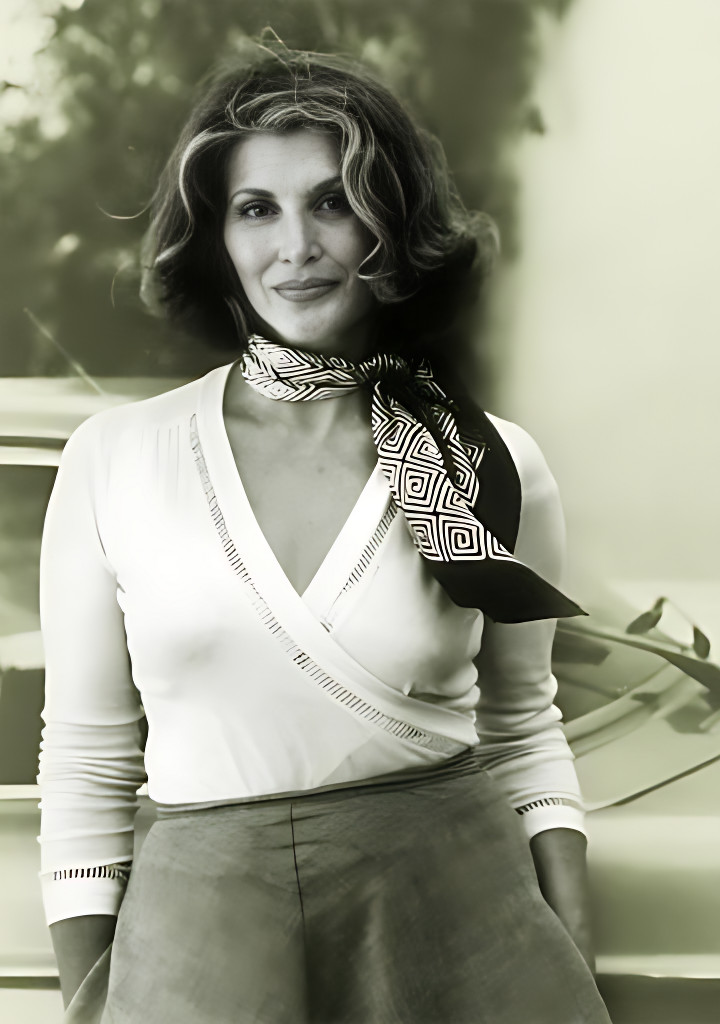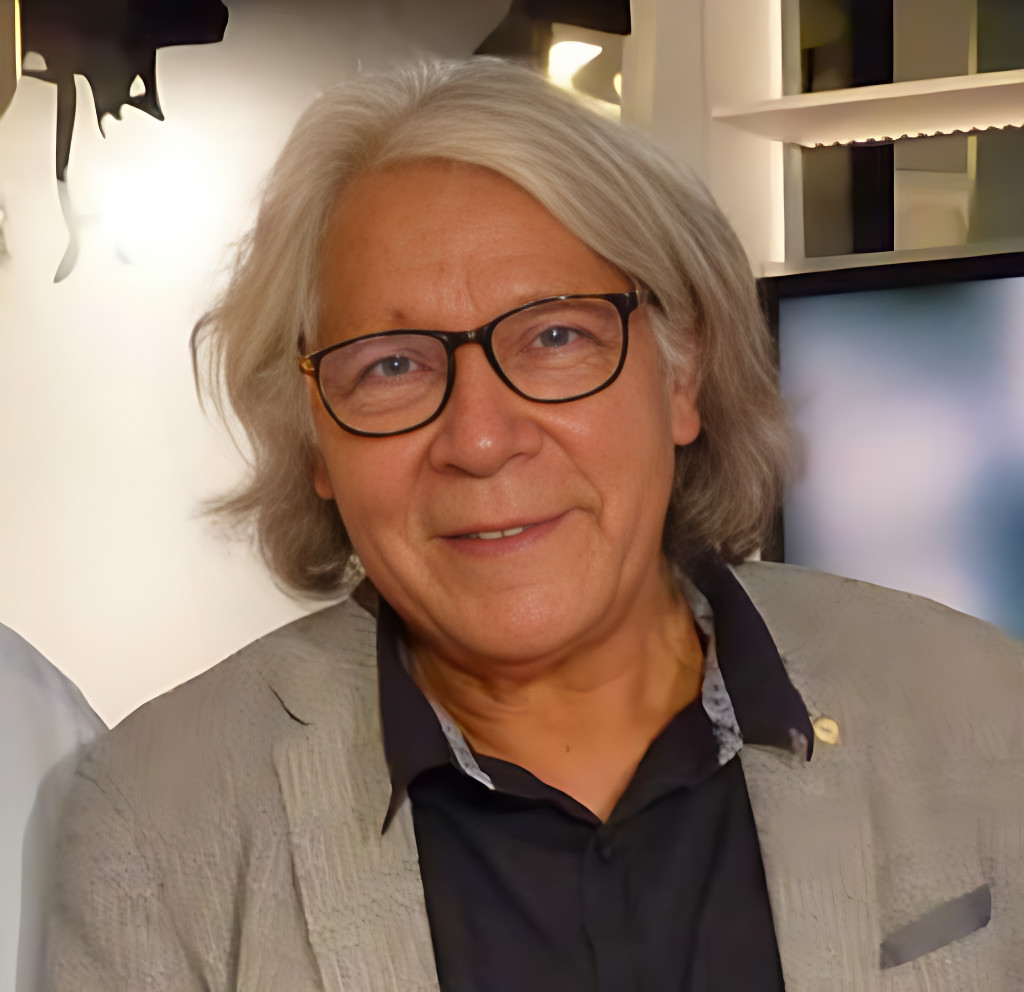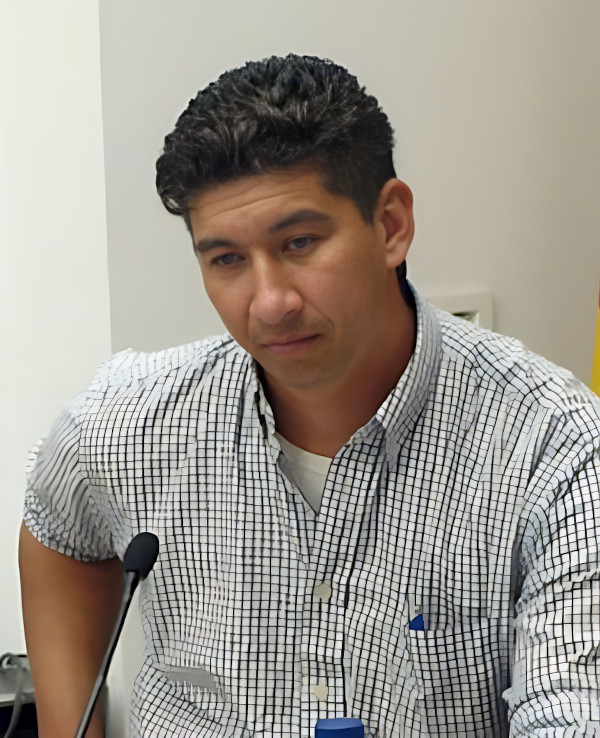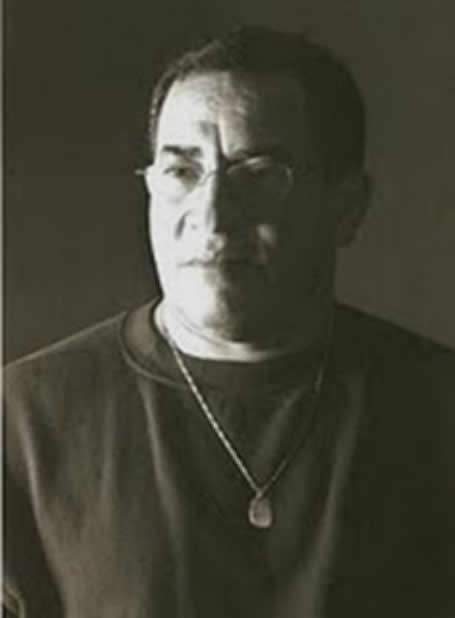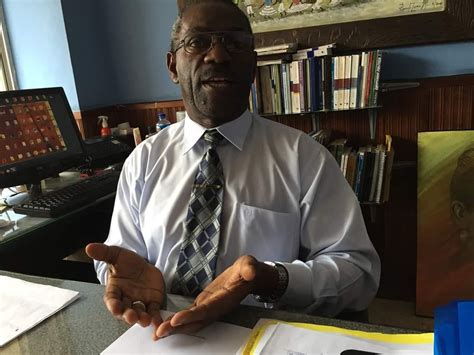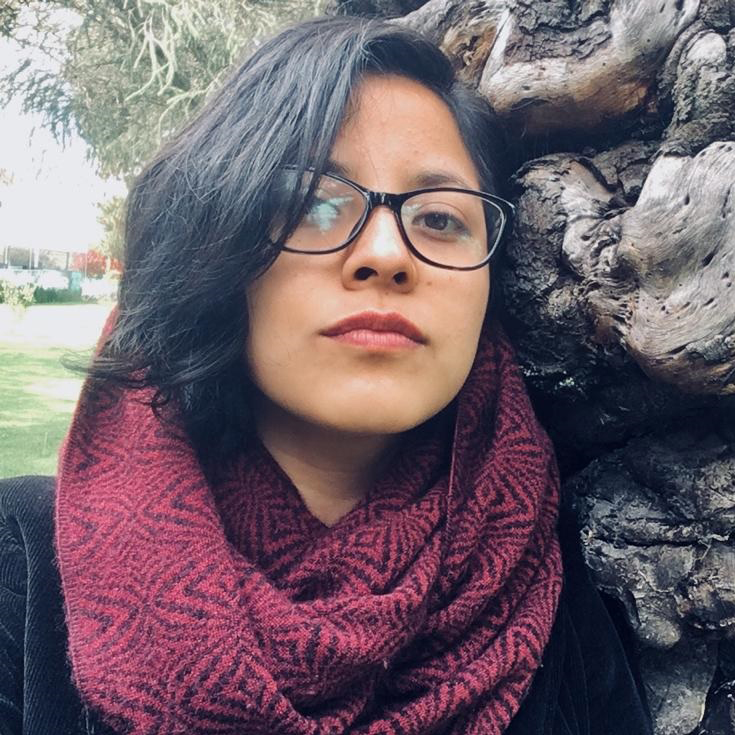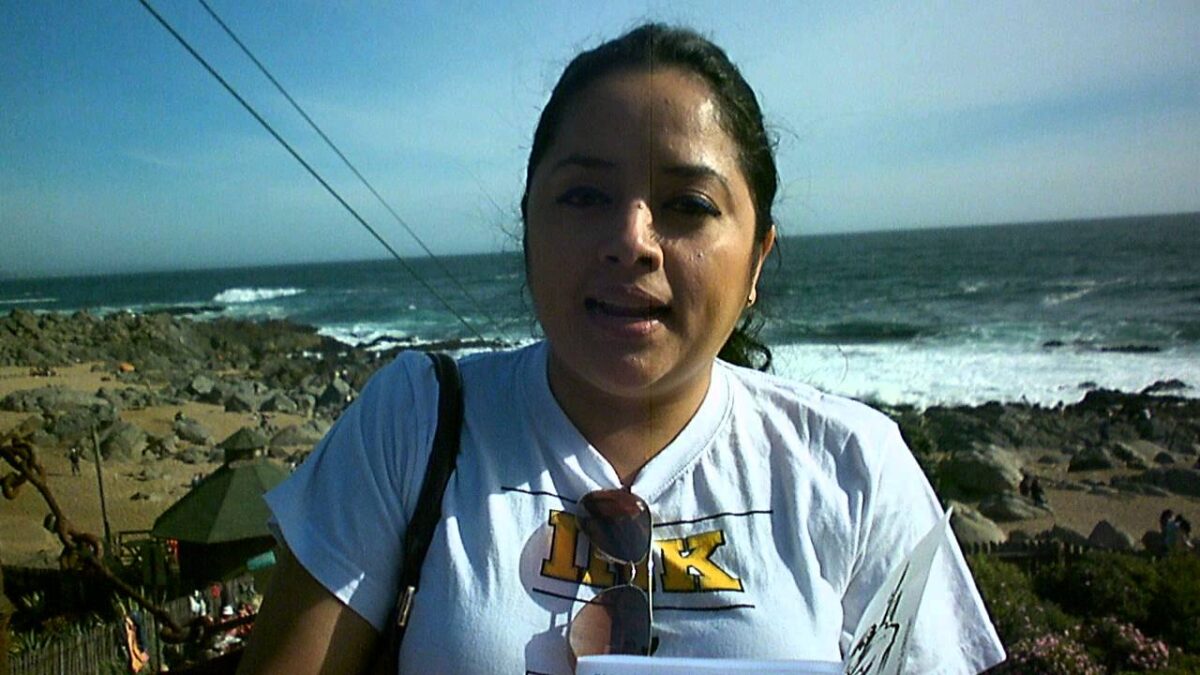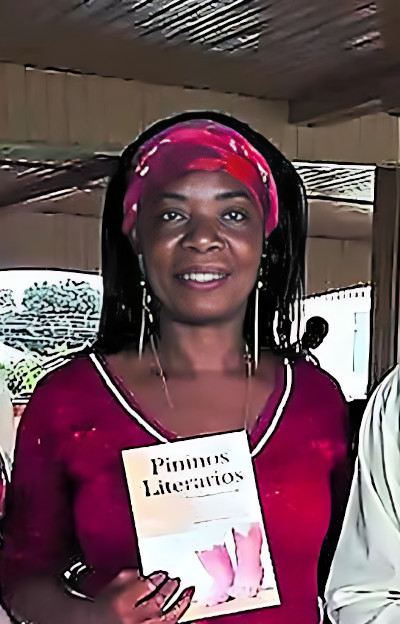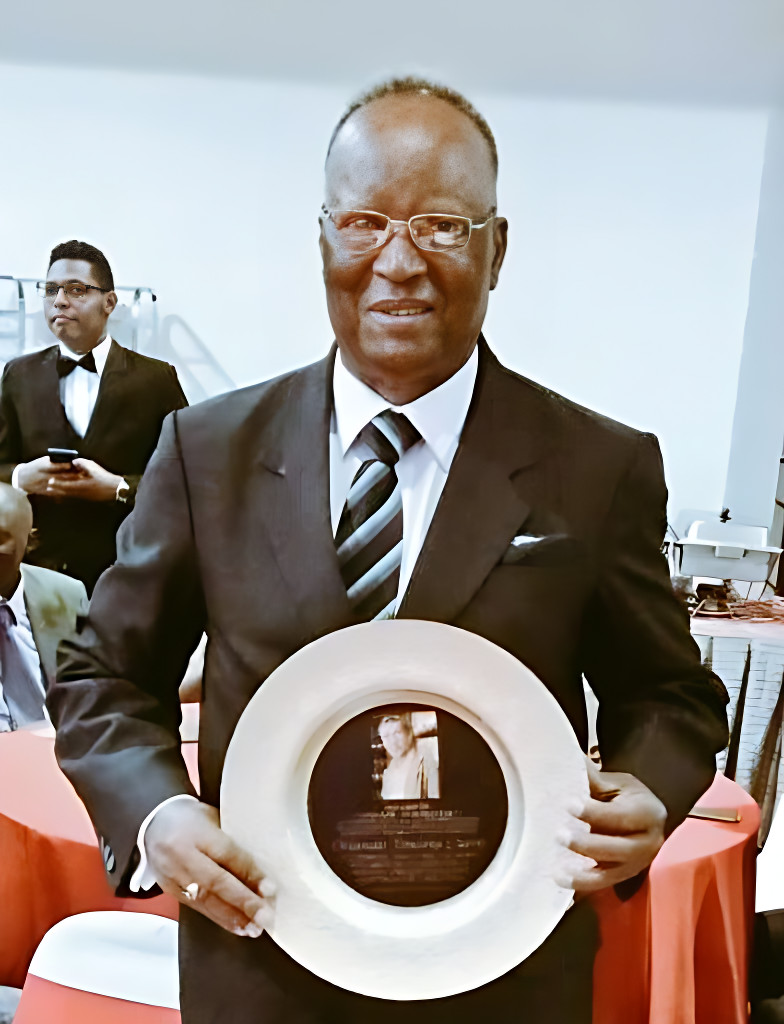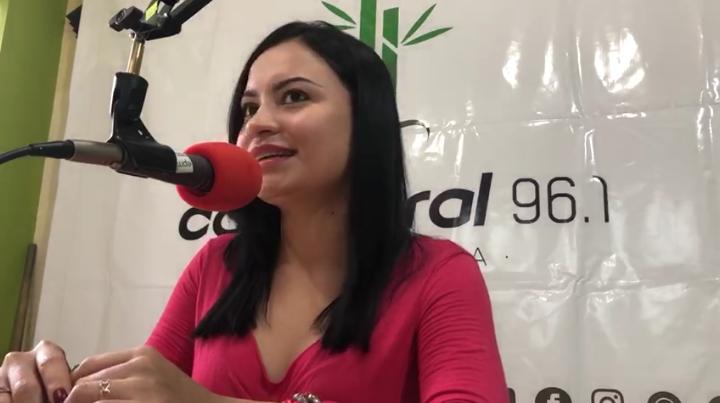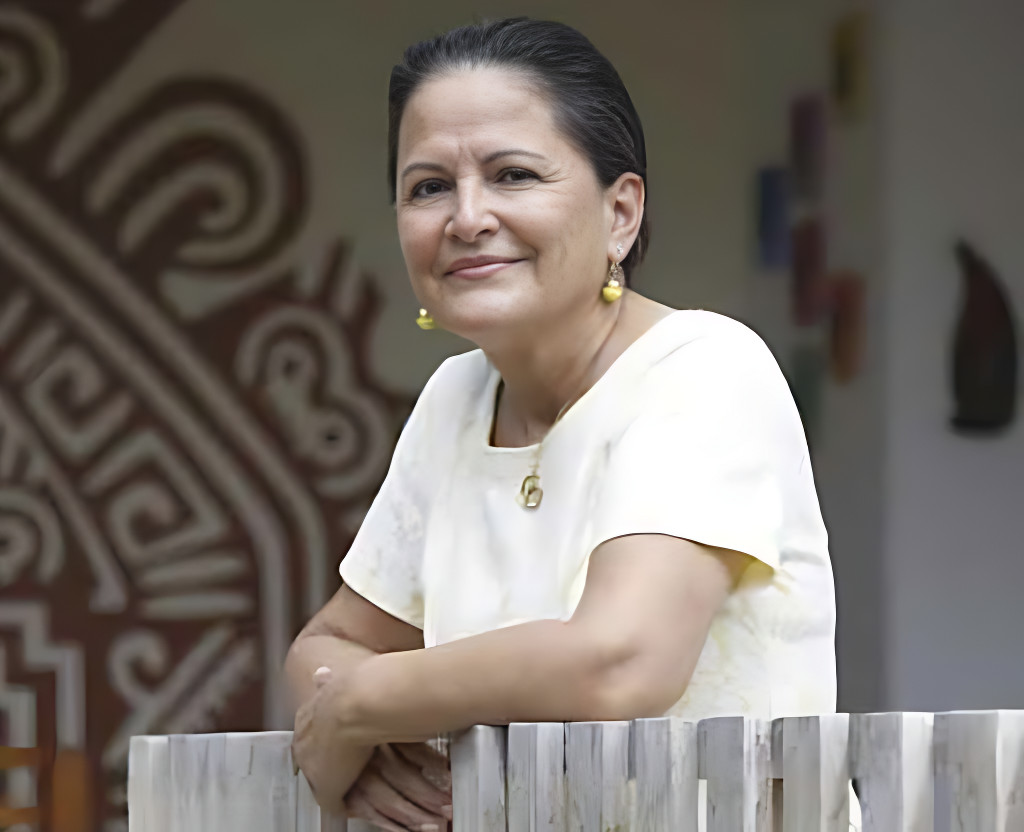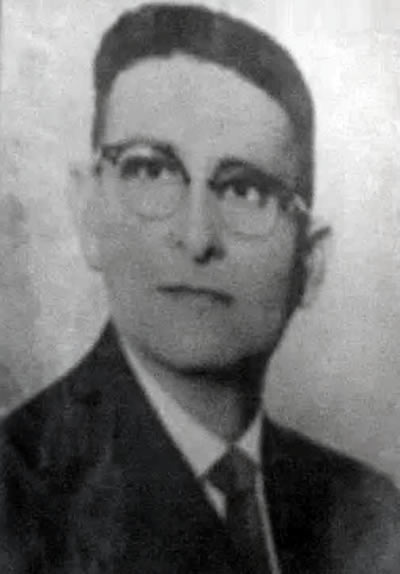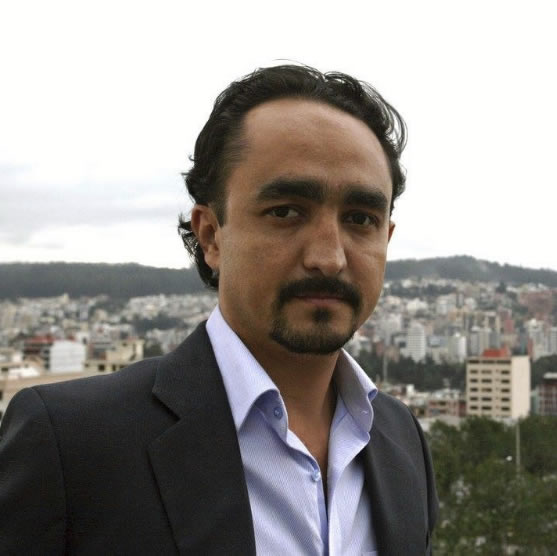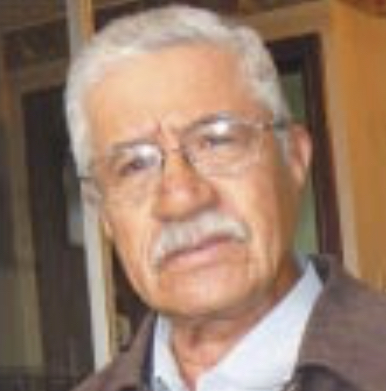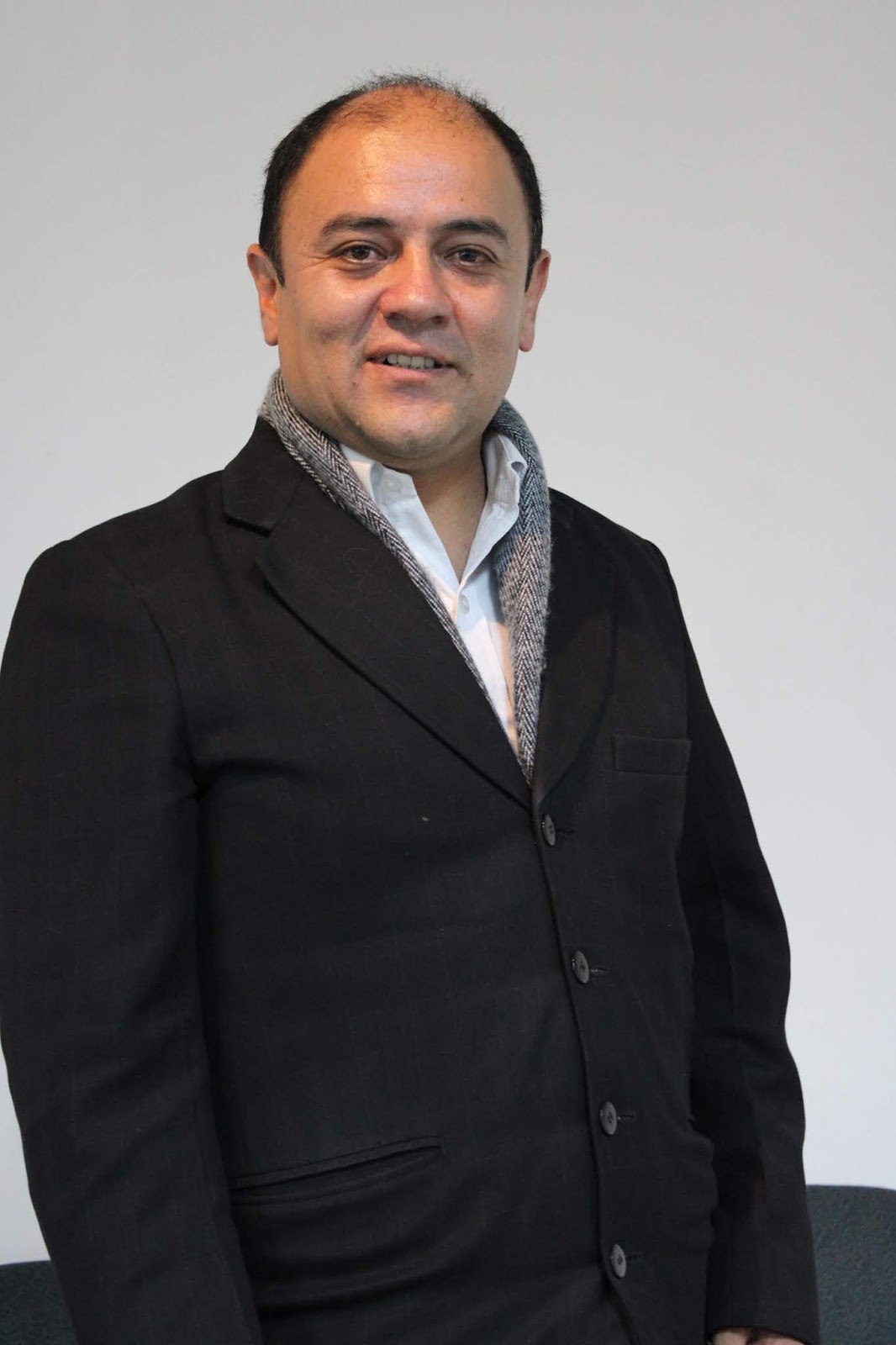Victoria Puig de Lange (Guayaquil, December 3, 1916 – Miami, May 14, 2008) was an Ecuadorian author, composer, diplomat, and influential figure in journalism and the fashion world. Throughout her long career, she held notable positions such as Editor-in-Chief of Harper’s Bazaar (Spanish edition) and worked as a Latin American syndicated columnist. Puig’s autobiography, “Sol Con Agua,” blended elements of magic realism with her personal memoirs of a life surrounded by presidents, movie stars, and international personalities. She played a significant role in promoting Latin American designers, co-founding the first Latin American fashion week and being actively involved in major fashion events in London, Milan, and Paris. As a diplomat, Puig represented Ecuador as Consul General in Miami, while also showcasing her musical talents as a songwriter and performer. Recognized for her contributions, Puig received numerous accolades and awards, including Honorary Citizen of Florida and the Woman of the Year award in Ecuador. Victoria Puig de Lange left a lasting legacy in the realms of journalism, fashion, and cultural diplomacy.
Continue reading “Victoria Puig de Lange”Month: May 2023
Ramiro Oviedo
Ramiro Oviedo (Chambo, Ecuador, 1952) is a renowned poet and writer known for his literary contributions in Ecuador and France. He relocated to France in 1987, where he taught Latin American literature at Université du Littoral. Oviedo has published several acclaimed books. His collection, “Les poèmes du colonel” (2002) won the Trouvères Prize in 2002 and the Claude Sernet Prize in 2004. His captivating writing delves into the existential struggle for meaning in life and the challenges individuals face. Oviedo’s dedication to literature and teaching has made him a prominent figure in the international literary community, shaping the minds of aspiring writers and contributing significantly to the cultural exchange between Latin America and Europe.
Continue reading “Ramiro Oviedo”Antonio Vidas
Antonio Vidas, pseudonym of Dimas Antonio Garcìa Vinces (Santa Ana, Ecuador, April 25, 1974) is an Ecuadorian poet. His works are deeply rooted in his country, family, and natural surroundings. Residing in Palma de Mallorca, Spain, Vidas explored themes of nostalgia, migration, and the human experience in his poetry. He is the author of at least two poetry books: “El arpa del ceibo en llamas” (2010) and “El náufrago y la isla” (2011). Through his poems, Vidas reflects on his birthplace and invites readers on a journey of introspection and self-discovery.
Continue reading “Antonio Vidas”George Perdomo Rodríguez
George Perdomo Rodríguez (Muisne, Esmeraldas, 1952) is an Ecuadorian writer and poet. After leaving his homeland, he settled in Palma de Mallorca, Spain. Through his literary works, he explores themes of immigration, capturing the struggles, aspirations, and emotions of those who leave their homeland in search of a better life. George Perdomo Rodríguez’s writing reflects his own experiences and offers a profound understanding of the human condition, resonating with readers both in Ecuador and Spain. “His books include: Balada del emigrante,” “Los sueños de las palomas,” “Saga de emigrantes,” “Senderos de Espumas,” “Isla de Ensueños,” among others.
Continue reading “George Perdomo Rodríguez”Diógenes Cuero Caicedo
Diógenes Cuero Caicedo (Esmeraldas, October 28, 1948 – Ibidem, January 3, 2019) was an Ecuadorian poet, cultural activist, lawyer, university professor, and a prominent voice in celebrating and affirming black identity. Born in the poor black community of San Francisco de Ónzole in the Eloy Alfaro Canton, Cuero dedicated his life to promoting the culture and heritage of Afro-Ecuadorians. His literary journey began in the 1980s, using poetry as a means to explore themes of blackness, social justice, and the rich cultural legacy of his community. Through works like “Tsunami, Mitología y Poesía” and “Las Huellas de la Carimba,” Cuero illuminated the experiences, struggles, and contributions of Afro-Ecuadorians, challenging stereotypes and fostering a deeper understanding and appreciation of black identity. His impact as a poet and cultural advocate continues to resonate, leaving a lasting legacy in Ecuadorian literature. He held a doctorate in Jurisprudence and for 20 years hosted a radio program called “Raíces” (Roots), where he spoke about the culture of his people.
Continue reading “Diógenes Cuero Caicedo”Amanda Pazmiño Torres
Amanda Pazmiño Torres (Quito, Ecuador, 1993) is an Ecuadorian poet, writer, and teacher of language and English. She has been actively involved in cultural promotion and served as a Cultural Ambassador at the FIL Lima in 2012. In 2020, Pazmiño published her first poetry book, titled “Les hablaré de ti a todos los mares que fragüen un hogar en mis ojos,” which won the 12th edition of the Ileana Espinel Cedeño National Poetry Contest. She leads the ERGO International Cultural Group in Ecuador. She directs workshops focused on creative writing and personal growth, using writing as a tool for self-discovery. She is the director of the poetic writing workshop titled “Camino hacia el equilibrio: palabras que sanan” (Path to Balance: Healing Words). Her poems have been published in the newspaper El Ciudadano and several anthologies. Her poetry booklet “Recorrido de abismo” (Journey through the Abyss) was selected and published by the editorial imprint Despertar (Loja, 2017).
Continue reading “Amanda Pazmiño Torres”María Belén Muñoz
María Belén Muñoz Menéndez (El Carmen, Ecuador) is an Ecuadorian poet, writer, cultural promoter, professor, and Agricultural Engineer with a Master’s degree in Environmental Development. She has held positions such as the Coordinator of the Culture Department at the Universidad Laica Eloy Alfaro de Manabí, Campus “El Carmen,” where she contributed her expertise as a university teacher. Her talents and accomplishments led to her participation as part of the delegation of Ecuadorian writers at the prestigious International Book Fair in Cuba in 2011. Furthermore, she was actively involved with the International Art Group “Plaza XXI,” serving as the National Coordinator for the Ecuador Chapter. María Belén also played a significant role as the president of the House of Culture in the canton of El Carmen.
Continue reading “María Belén Muñoz”Máxima Angulo Borja
Máxima Angulo Borja, born in San Lorenzo, Esmeraldas, is an Ecuadorian poet. Her poetry is deeply rooted in personal experiences and activism, exploring themes of Afro-Ecuadorian identity. In 2018, Angulo published her book “Pininos Literarios” through the House of Ecuadorian Culture of Esmeraldas. This work delves into Afro-Ecuadorian culture, incorporating mythological characters such as La Tunda, El Riviel, and La Gualgura to emphasize their cultural significance. The book also pays tribute to the marimba, a traditional musical instrument in Esmeraldas. Angulo’s writing resonates with readers through its accessible language and vivid descriptions, shedding light on social realities and preserving ancestral customs. Currently residing in Muisne, a coastal town in the southwest of Esmeraldas province in northwestern Ecuador, Máxima Angulo Borja works as a literature and language teacher at Unidad Educativa Muisne.
Continue reading “Máxima Angulo Borja”Orlando Tenorio
Orlando Tenorio Cuero (Esmeraldas, May 22, 1945) is an Afro-Ecuadorian poet and writer. Tenorio’s poetry explores a variety of topics, providing deep observations on social consciousness, struggle, and the human condition. His notable books include “Desde atrás de la vida” [From Behind Life], “El Alfabeto de las golondrinas” [The Swallows’ Alphabet], and “Epistlas para el hombre y el mar” [Epistles to Man and the Sea]. Tenorio also served as president of the Esmeraldas chapter of the House of Ecuadorian Culture (Casa de la Cultura Ecuatoriana), displaying his dedication to fostering arts and culture in his region.
Continue reading “Orlando Tenorio”Ingrid Bravo Ruiz
Ingrid Bravo Ruiz (Manabí) is an Ecuadorian poet and politician. Her debut poetry book, titled “El dolor de tu ausencia” (2014), is a remarkable testament to her poetic talent and introspective nature. Published when she was just 17 years old, this collection explores the depths of love, longing, and the profound impact of loss. Furthermore, Ingrid Bravo Ruiz holds the distinction of being the youngest poet featured in the poetry anthology titled “Antología poética de mujeres manabitas: voces de ternura al corazón del pueblo” (Poetic Anthology of Manabí Women: Voices of Tenderness to the Heart of the People), compiled by Vicenta Alarcón Castro in 2019.
Continue reading “Ingrid Bravo Ruiz”Libertad Regalado Espinoza
Libertad Regalado Espinoza (Jipijapa, April 26, 1956) is a Numerary Member of the National Academy of History of Ecuador. She is a pedagogue, writer, and researcher. She has written books, scientific articles, and works related to history and intangible cultural manifestations of the coastal peoples of Ecuador, particularly Manabí. Her notable works include “Manabí y su comida milenaria” (Manabí and Its Ancient Cuisine, 2008-2029), “Las hebras que tejieron nuestra historia” (The Threads that Wove Our History, 2010), “Identidad e indigenismo en Manabí” (Identity and Indigenism in Manabí, 2016), “Santa Ana madre del río Grande” (Santa Ana, Mother of the Great River, 2019), and “El amorfino manifestación cutltural del pueblo montuvio” (The Amorfino, Cultural Manifestation of the Montuvio People, 2019). She has worked on various consultancies and has participated in national and international congresses. In 2020, the National Assembly of Ecuador awarded her the “Dra. Matilde Hidalgo de Prócel” decoration.
Continue reading “Libertad Regalado Espinoza”Próspero Pérez García
Próspero Pérez García (Jipijapa, December 8, 1905 – unknown) was a journalist, writer, and historian from Jipijapa. He dedicated his life to researching and writing about the history of his hometown. His works include “Cincuenta años del incendio de Jipijapa” and “Jipijapa a través de los siglos,” among others. As a journalist, Próspero Pérez served as a correspondent for several newspapers. In addition, he documented the old Jipijapa through his captivating photographs, which have been showcased in photographic exhibitions organized by the National Institute of Cultural Heritage (INPC). His contributions earned him recognition from institutions and organizations both during his lifetime and posthumously. His book on the fire of Jipijapa inspired the town’s anthem. Pérez’s adoptive daughter, Martha Luzardo, currently resides in the house where Próspero Pérez García lived and preserves his works. His writings continue to serve as a valuable resource for writers, journalists, and educators discussing Jipijapa’s history. Próspero Pérez remains a significant figure in the historical narrative of Jipijapa.
Continue reading “Próspero Pérez García”César Eduardo Carrión
César Eduardo Carrión (1976) is a prolific writer with a diverse literary repertoire. Holding a doctoral degree in Latin American Literature from the Universidad Andina Simón Bolívar, he is currently a professor at the Pontifical Catholic University of Ecuador. César has established himself as a respected figure in the Ecuadorian literary landscape, with a notable list of published works. His poetry books include “Revés de luz” (2006), “Pirografías” (2008), “Limalla babélica” (2009), “Poemas en una Jaula de Faraday” (2010), “Cinco maneras de armar un travesti” (2011), “Emboscada” (2017), “Es lodo y es polvo y es humo y es nada” (2018), and “Emboscada / Ambush” (translated by Kimrey Anna Batts, 2019). Additionally, César has contributed to the field of essays with several works, delving into various topics. Through his literary contributions and academic expertise, César Eduardo Carrión has made a significant impact on Ecuadorian literature.
Continue reading “César Eduardo Carrión”Alfredo Vivar
Alfredo Vivar (Cuenca, 1932 – unknown) was an Ecuadorian poet, painter, and civil engineer. He is perhaps best known for his poetry books, “Variaciones, natura, amor, soledad” (1978), “Sonsinfin Opus” (1984), and “Sonsinfin Opus 2” (1986). In 2012, the University of Cuenca published two poetry books from his cyclical series Sonsinfin: “Suele llama sola mi corazón” and “El mar azul… ¿Dónde es azul?” Eliecer Cárdenas, in the foreword of these volumes, emphasized the distinctiveness of Vivar’s poetry, characterized by its non-sequential nature and instantaneity. Jorge Dávila Vázquez once referred to Alfredo Vivar as “a lyricist who has not yet received the recognition he deserves.” Notably, Vivar’s poetry was also included in the anthology “Siete poetas,” which was published by the House of Ecuadorian Culture in 1990.
Continue reading “Alfredo Vivar”Juan Fernando Auquilla
Juan Fernando Auquilla Díaz (Cuenca, 1973) is an Ecuadorian poet, writer, and teacher. He is an accomplished poet, with five published poetry collections to his name: Divagaciones y profanaciones (2005), Ciudad Nómada (2010), Estaciones (2017), Sábanas Resucitadas (2019), and Ciudades (2020). Additionally, his works have been featured in poetry anthologies from Argentina, Spain, and Italy, showcasing the widespread recognition of his talent and literary contributions. As a member of the House of Ecuadorian Culture in Azuay, he has contributed to social projects focused on poetry and creative writing for vulnerable groups, including incarcerated individuals. He currently teaches at the National University of Education (UNAE).
Continue reading “Juan Fernando Auquilla”
